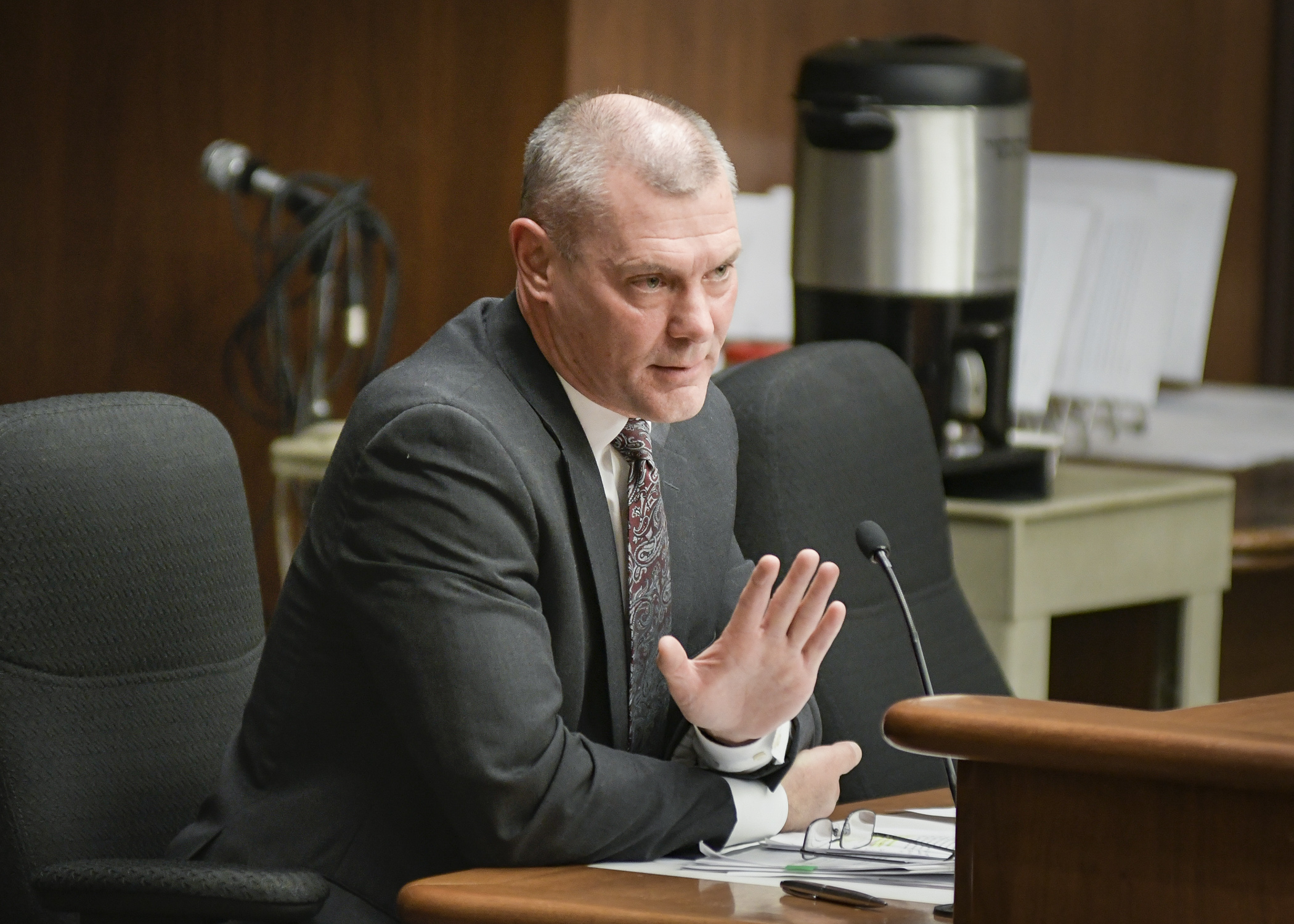Environment committee approves new peer review requirements

Increased public input and peer review are traditionally viewed as good government practices, but some lawmakers worry that a bill mandating these practices could open the Pollution Control Agency to outside influences.
Sponsored by Rep. Dan Fabian (R-Roseau), HF3120 would require new and revised water quality standards to include technical support documents proving a scientific basis and that the standard has undergone external, scientific peer review.
Approved, as amended, Tuesday by the House Environment and Natural Resources Policy and Finance Committee in a 16-7 roll-call vote, the bill was sent to the House Floor. Its companion, SF2705, sponsored by Sen. Bill Ingebrigtsen (R-Alexandria), awaits action by the Senate Environment and Natural Resources Finance Committee.
The purpose of the bill’s mandated external peer review process is to evaluate whether the technical support document and proposed standards are based on sound scientific knowledge, methods and practices.
Tony Kwilas, director of environmental policy for the Minnesota Chamber of Commerce, said a key benefit of the bill is moving the peer review process from the end of rulemaking to an earlier stage.
“We will now utilize peer review earlier in the process so that the process can move more smoothly and more efficiently, rather than waiting until the end and mucking up the works at the very end of the process,” Kwilas said.
The PCA would also be required to collect public comment and release drafts of technical support documents to the public. All comments received during the public comment period would be made available to the external peer reviewers.
Rep. Rick Hansen (DFL-South St. Paul) claims the peer review provisions open the agency to regulatory capture by special interests.
“It appears to me the effect of all this is we’ll have perpetual review and never ever have a water quality standard ever set because it interjects the interests into the decision-making,” Hansen said. “You get a draft, people complain, change the draft, people complain into infinity. Nothing will ever get done.”
Rep. Jamie Becker-Finn (DFL-Roseville) asked what costs would be associated with additional public comment periods.
“We have already started to establish as a best practice, that we put out the draft technical support document as a draft for public comment, so there wouldn’t be any additional costs associated to that,” said Shannon Lotthammer, PCA assistant commissioner.
Lotthammer said the agency has not quantified the exact cost for the proposed peer review, citing variability depending on the scope of particular rulemaking.
Related Articles
Search Session Daily
Advanced Search OptionsPriority Dailies
Ways and Means Committee OKs proposed $512 million supplemental budget on party-line vote
By Mike Cook Meeting more needs or fiscal irresponsibility is one way to sum up the differences among the two parties on a supplemental spending package a year after a $72 billion state budg...
Meeting more needs or fiscal irresponsibility is one way to sum up the differences among the two parties on a supplemental spending package a year after a $72 billion state budg...
Minnesota’s projected budget surplus balloons to $3.7 billion, but fiscal pressure still looms
By Rob Hubbard Just as Minnesota has experienced a warmer winter than usual, so has the state’s budget outlook warmed over the past few months.
On Thursday, Minnesota Management and Budget...
Just as Minnesota has experienced a warmer winter than usual, so has the state’s budget outlook warmed over the past few months.
On Thursday, Minnesota Management and Budget...